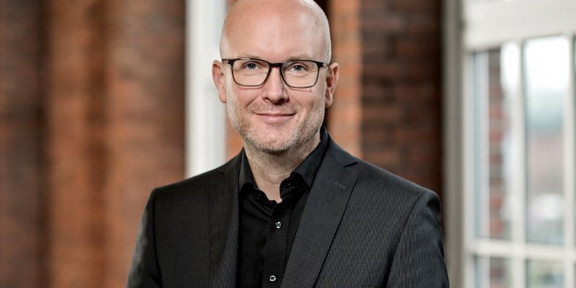Dialogues on the role of social innovation in Brazil's regional innovation strategies

How can the Santa Catarina region in the southwest of Brazil further develop its innovation policy, and what role can science play in this process? These questions were the subject of the conference “Policies and Programs to Foster Social Innovation: Dialogues About the German and Santa Catarina Experiences” in Florianópolis on 25 March, which was organised by the Universidade do Estado de Santa Catarina (Udesc), the Foundation for the Promotion of Research and Innovation in Santa Catarina (Fapesc) and the National Council for Scientific and Technological Development (CNPq). In his keynote speech “Re-framing Innovation: Social Innovation and a New Innovation Paradigm”, PD Dr. Christoph Kaletka presented recent theoretical and empirical findings on the role of social innovation in an expanded understanding of innovation and discussed experiences and challenges in promoting social innovation and its connection to local-regional innovation systems.
Prof. Carolina Andion (Udesc), who organised the event, reported on the “Social Innovation Observatory” in Florianópolis and Santa Catarina, which was designed and is operated by the Udesc University: here, social innovation initiatives are not only identified and analysed, but also supported and networked. Representatives of the universities, city and regional administration, politicians and students took part in the event and discussed innovation potentials and development paths for the region.
The relationship between technological and social innovations and corresponding conclusions for regional and national industrial policy were the subject of the two-day seminar “Sociology of Innovation”, which took place in Porto Alegre on 27 and 28 March. “With this event, we want to strengthen sociological perspectives in the debate on innovation development. This includes questions of the dissemination of innovations as well as strategic collaborations and alliances,” said Prof. Hermilio Santos (Pontifícia Universidade Católica do Rio Grande do Sul, PUCRS), who initiated the event.
The seminar brought together different perspectives on innovation: in his keynote speech “Social Innovation – Sociological Perspectives on a Comprehensive Innovation Policy”, Christoph Kaletka addressed not only scientific findings but also political developments and the National Strategy for Social Innovation in Germany. Prof. Roberto Salvarezza (University of Buenos Aires and former Minister for Science and Innovation of Argentina) proposed new innovation networks between universities and companies in the South American economic region Mercosur, while Dr Verena Hitner (Head of the Department for Science and Technology Policy at the Brazilian Ministry for Science and Innovation) elaborated on the national challenges of a policy of neoindustrialisation. Innovation stakeholders and start-ups from the Rio Grande do Sul region also provided insights into initiatives in practice.




![[Translate to English:] [Translate to English:]](/storages/zentraler_bilderpool/_processed_/a/f/csm_Kontakt_b86e8d8ecc.png)
